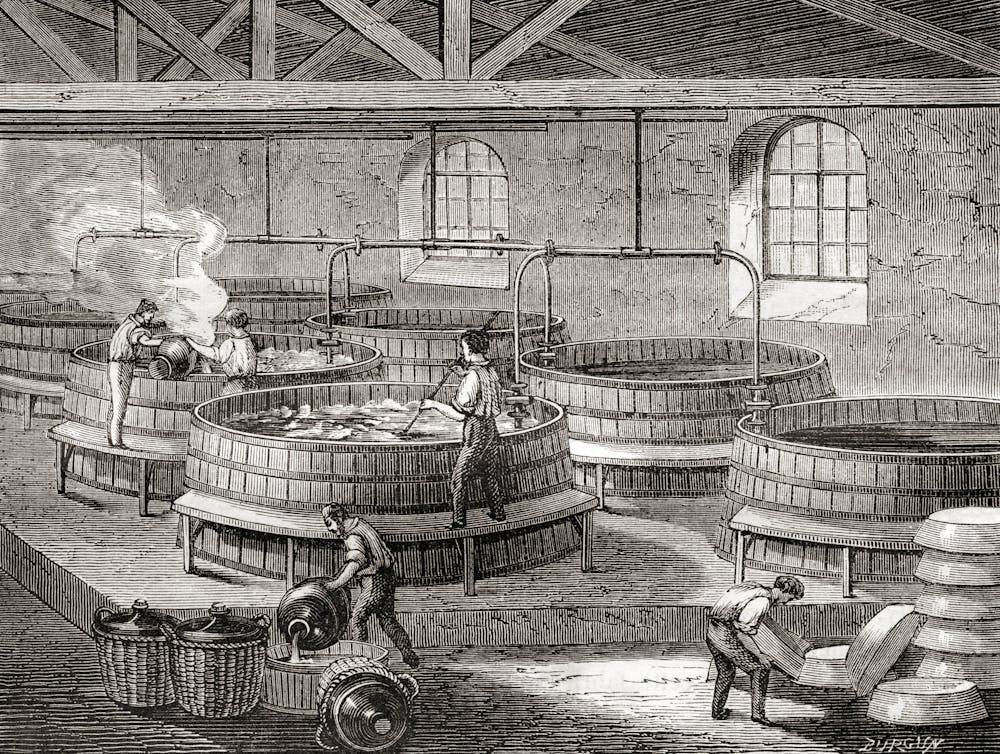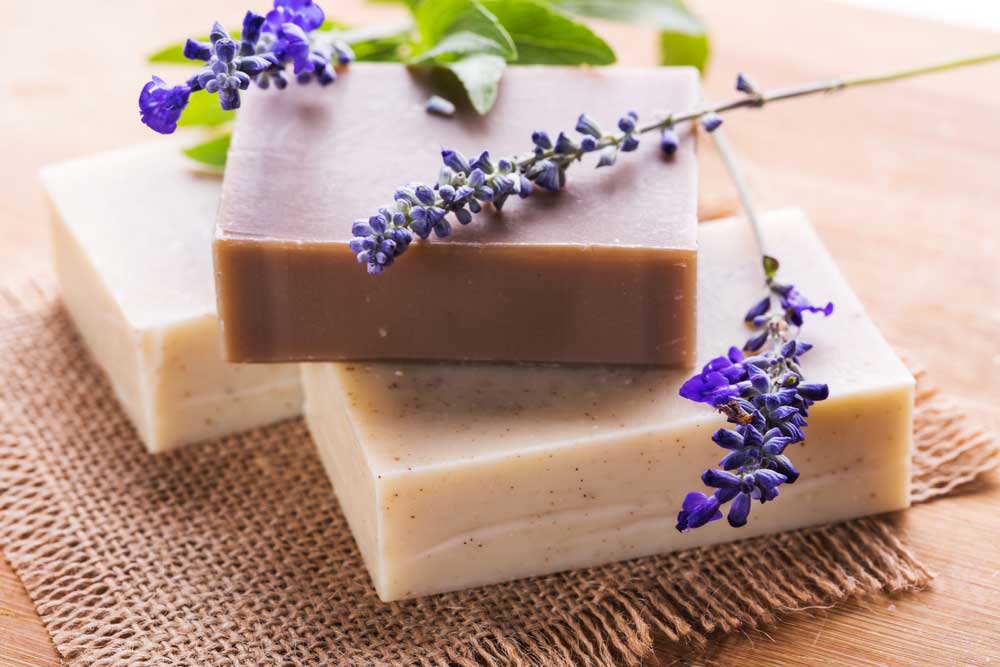Soap has been an essential part of our lives for centuries. It has been used for various purposes, including bathing, cleaning clothes, and washing dishes. The history of soap in India dates back to ancient times. The earliest evidence of soap-making in India can be traced back to the Indus Valley Civilization, which existed from 3300 BCE to 1300 BCE.
The Early Days of Soap-Making in India

The Indus Valley Civilization was a highly developed and advanced society that used soap for personal hygiene. They made soap by mixing animal fat with alkali, which was obtained from the ashes of plants. The soap was used for bathing, and it was also used to clean clothes.
The ancient Indians also used a mixture of herbs and natural ingredients to cleanse their bodies. They believed that this mixture had healing properties and could cure various skin ailments.
The Influence of Ayurveda

Ayurveda, which is an ancient Indian system of medicine, had a significant influence on the production of soap in India. Ayurvedic soap was made using natural ingredients such as neem, turmeric, and sandalwood. These ingredients were believed to have medicinal properties that could cure skin ailments.
Ayurvedic soap was also used for aromatherapy and relaxation. The ingredients used in the soap had a soothing effect on the mind and body.
The Arrival of Commercial Soap

The arrival of the British in India brought about a significant change in the soap-making industry. The British introduced commercial soap-making methods, which involved the use of chemicals and synthetic fragrances.
Commercial soap was cheaper and more readily available than Ayurvedic soap. It soon became the preferred choice for personal hygiene. However, some people continued to use Ayurvedic soap because of its natural ingredients and medicinal properties.
The Growth of the Soap-Making Industry
The soap-making industry in India grew rapidly in the 20th century. The introduction of new technologies and machinery made it possible to produce soap on a large scale.
Today, India is one of the leading producers of soap in the world. The Indian soap industry is dominated by multinational companies such as Unilever and Procter & Gamble.
The Future of Soap-Making in India

The soap-making industry in India is expected to continue growing in the coming years. The demand for soap is increasing as more and more people become aware of the importance of personal hygiene.
There is also a growing trend towards organic and natural products. This has led to the development of natural and organic soap in India. These soaps are made using natural ingredients such as coconut oil, shea butter, and essential oils.
Conclusion
The history of soap in India is a fascinating one. From its humble beginnings in the Indus Valley Civilization to the modern-day soap-making industry, soap has played an important role in Indian society.
Today, soap is an essential part of our lives, and we cannot imagine a world without it. The soap-making industry in India is expected to continue growing as the demand for soap increases. With the development of natural and organic soap, we can look forward to a healthier and more sustainable future.